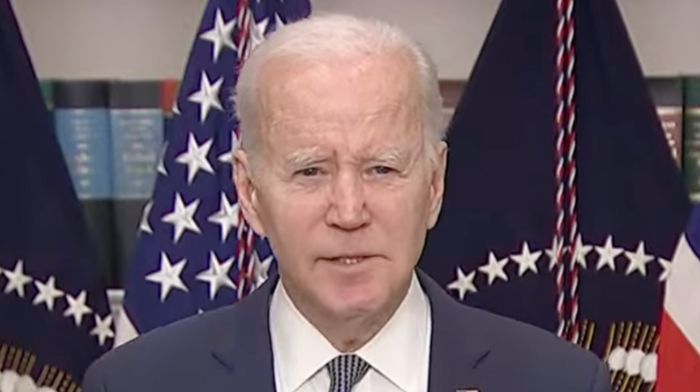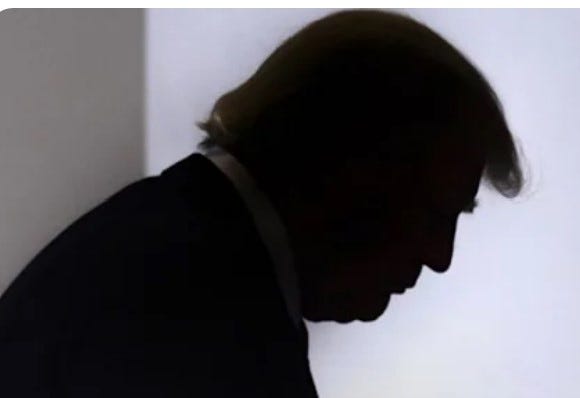
WASHINGTON — President Joe Biden will order the Justice Department to expand the definition of a gun dealer on Tuesday so that more firearm sales require the seller to conduct a background check.
The White House said Biden would direct his attorney general “to move the U.S. as close to universal background checks as possible without additional legislation” by clarifying the definition of who is “engaged in the business” of selling guns.
Though Biden plans to make a big display of signing the order, it’s not his initiative — rather, he’s fulfilling a requirement of the Bipartisan Safer Communities Act, the gun law Congress passed last year in the wake of two horrific mass murders by teenagers with assault rifles.
“The Bipartisan Safer Communities Act would not have been possible without President Biden’s support, and I applaud today’s executive order directing the administration to fully implement the legislation and move our country closer to universal background checks,” Sen. Chris Murphy (D-Conn.), one of the leading gun safety advocates in Congress, said in a statement.
The law expanded background checks for gun buyers ages 18-21, established new grant programs for mental health services and for states to set up “red flag” laws, and clamped down on gun sales to dating partners subject to restraining orders.
While the law omitted the dramatic expansion of background checks that gun reformers have long sought, it did include a modest tweak to the definition of a gun dealer that has escaped wide attention since the law’s enactment.
All gun sales by federally licensed firearms dealers require the seller to run the buyer’s name through the FBI’s criminal background check system, and if the person has a disqualifying record, such as a felony conviction, the sale can’t go through. But, in that case, all the would-be buyer has to do is turn to a private seller — someone who doesn’t make a living selling guns — to get a weapon without the background check.
Federal law previously required a gun seller to register with the federal government if the person “devotes time, attention and labor to dealing in firearms as a regular course of trade or business with the principal objective of livelihood and profit through the repetitive purchase and resale of firearms.”
The new law deleted the phrase “with the principal objective of livelihood and profit” and replaced it with “to predominantly earn a profit.” An additional clause explains that earning a profit means the “intent underlying the sale or disposition of firearms is predominantly one of obtaining pecuniary gain, as opposed to other intents, such as improving or liquidating a personal firearms collection.”
A congressional aide said the change in the text — along with Biden’s strongly-worded order — will “significantly crack down on the number of people who get away without doing a background check.”
The aide said the change had been inspired partly by the case of a Texas man who shot more than 20 people with an assault rifle purchased from a private seller after a background check blocked a sale from a licensed dealer. The seller admitted he routinely bought firing mechanisms that he built into guns and sold for a profit. He was sentenced to two years in prison.
Sen. John Cornyn (R-Texas), one of the law’s principal co-authors, told HuffPost on Tuesday that lawmakers did not intend for the change to set up universal background checks.
“I hope the president isn’t engaging in overreach,” Cornyn said. “What we did was make sure that anybody who was in the business of selling or manufacturing firearms had to be licensed as a Federal Firearms Licensee, which by definition means that they have to do background checks.”
The Congressional Research Service said the new definition of gun dealer “could make some, but not all” private gun sales subject to background checks.
The gun safety group Giffords praised the change but maintained that the private gun sale loophole will remain.
“President Biden’s executive action is the strongest possible move he can make to address the current loopholes in background checks without Congress passing new legislation,” Giffords federal affairs director Adzi Vokhiwa said in a statement to HuffPost.
“The fact remains that even with a very strong ‘engaged in the business’ rule, there will still be gaps with background checks as long as Congress refuses to act,” Vokhiwa said.



























































